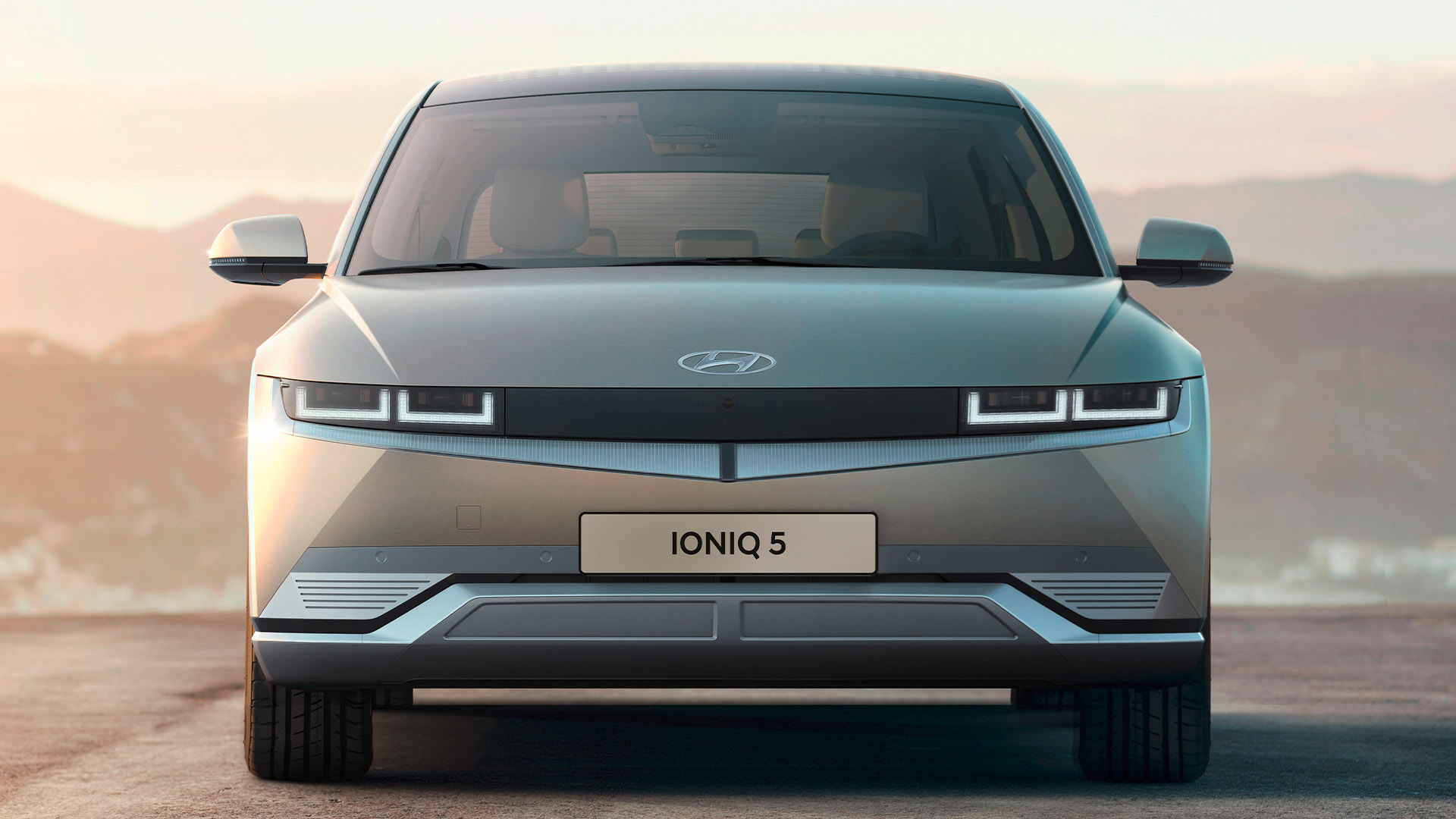

We may earn revenue from the products available on this page and participate in affiliate programs. Learn more ›
With the signing of the Inflation Reduction Act earlier this month, the EV tax credit is undergoing a much-needed reform that will change the way that Americans buy battery-powered cars. With the change, however, comes a lot of emotions, mostly in the form of confusion and frustration from new car buyers who are attempting to navigate the new rules.
However, there is some animosity brewing from automakers, suppliers, and other countries over the new regulations. Countries like South Korea are beginning to argue that the new tax credit rules border on protectionism-era requirements that give domestic automakers an unfair market advantage.

South Korea’s Minister of Foreign Affairs, Park Jin, held talks with U.S. Secretary of State Antony Blinken last week on the matter, according to Korea Times. Park reportedly told Blinken during the meeting that automakers and their suppliers have expressed concerns over the new requirements putting Korean companies at a disadvantage versus domestic automakers which may be better positioned to produce vehicles in compliance with the tax credit requirements.
As a baseline for any vehicle to be eligible for the new EV tax credit requirement, it must be assembled in North America. The conditions also stipulate material sourcing requirements for the vehicle’s battery pack, including both mineral and non-mineral materials. A certain percentage of these items must be sourced from the U.S. or a country that the U.S. has a free trade agreement with, and that percentage ramps up over time. Moreover, if a mineral is sourced or processed in a country of particular concern (such as China), the vehicle will immediately become ineligible for the tax credit, even if it is assembled in North America and meets other sourcing requirements. Around 58% of lithium, 64% of cobalt, and 70% of graphite are either sourced from or processed through China, according to Reuters.
Park reportedly asked Blinken for a more flexible implementation of the EV tax credit. The South Korean minister also noted that the Inflation Reduction Act may actually violate the U.S.-Korea Free Trade Agreement and other rules regulated by the World Trade Organization. Separately, a spokesperson for the European Commission called the Act “discriminatory” towards foreign manufacturers and suppliers.
In the short-term automakers are e considering the need to adjust production plans in order to accelerate the development of their production facilities on U.S. soil. Hyundai, for example, is slated to open a massive $5.5 billion plant in 2025, though it may need to adjust that timeline to remain competitive. Likewise, Korean battery makers—such as LG, Samsung, and SK—may need to adjust their mineral sourcing and processing facilities to remain eligible.
It’s worth noting that this isn’t an exclusively Korean problem, though the government of South Korea does appear to be one of the most vocal about it. Domestic automakers may also need to adjust their supply chains to remain or become eligible for the tax credit, something which will undoubtedly affect global supply chains and non-Korean battery manufacturers alike. But as it stands, if companies want to get a slice of a consumer’s tax credit ahead of the 2032 expiration, they need to move quickly.
Got a tip or question for the author? Contact them directly: rob@thedrive.com
